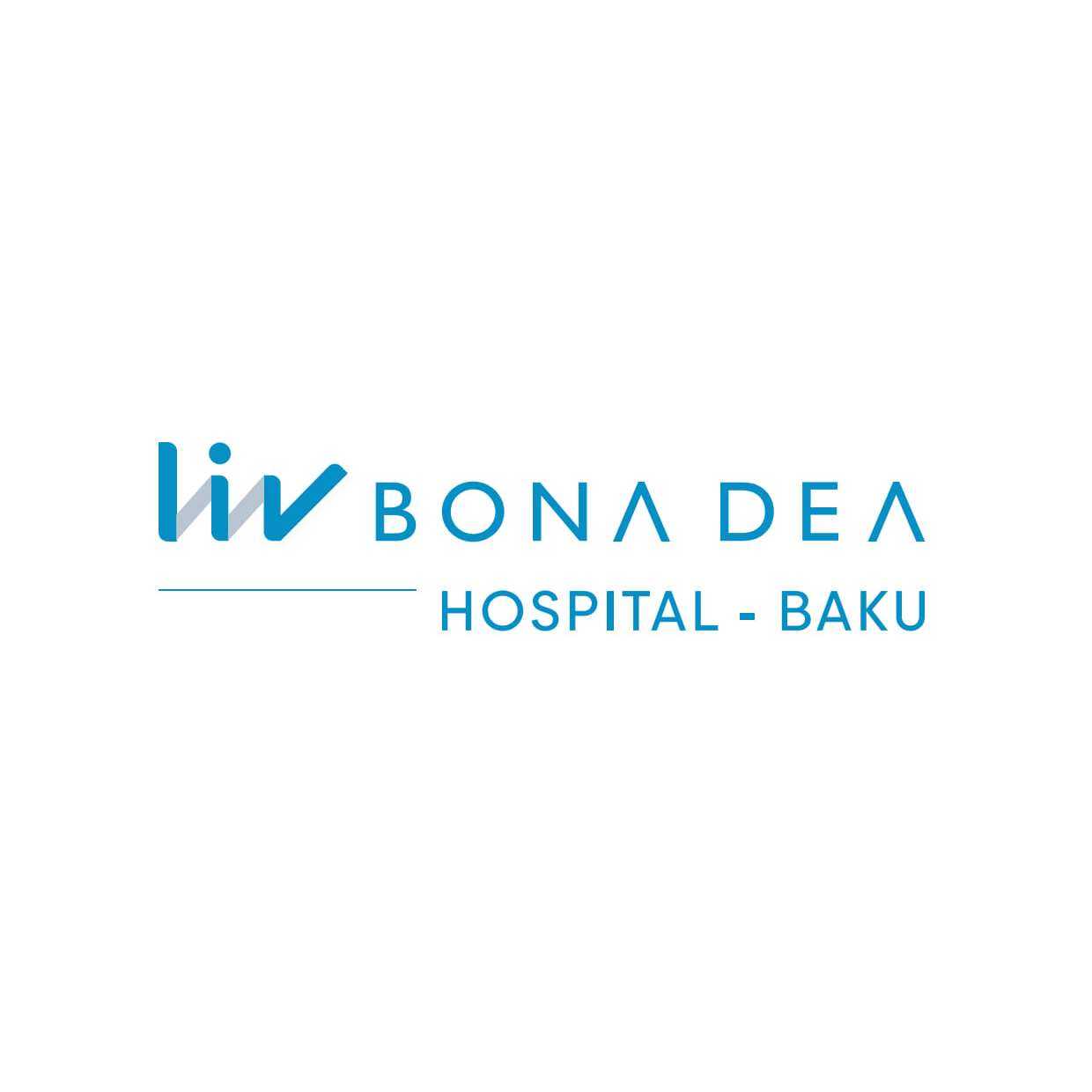Germany's Top Urology Hospitals | A Patient's Guide
When facing a significant health decision, such as undergoing a urological procedure, you want to be certain you're receiving the best possible care. For thousands of patients around the globe, that certainty is found in Germany. The country has solidified its reputation as a global leader in medical tourism, particularly in the complex and sensitive field of urology. But what exactly makes urology procedures in Germany the gold standard? It's a powerful combination of factors: a culture of precision engineering applied to medicine, rigorous training for medical professionals, and a commitment to pioneering new treatments. From advanced prostate cancer therapies to minimally invasive kidney stone removal, German hospitals offer a spectrum of care that is both comprehensive and state-of-the-art.
For international patients, navigating healthcare in a foreign country can seem daunting. However, Germany's medical infrastructure is well-prepared to welcome them. Many major hospitals have dedicated international offices to assist with everything from language translation to accommodation, ensuring a smooth and stress-free experience. This patient-centric approach, coupled with access to some of the world's most advanced urological treatments, makes Germany not just a choice, but a destination for those seeking health, hope, and healing. Whether it's the allure of robotic surgery that minimizes recovery time or the expertise of surgeons who are leaders in their field, the reasons to choose Germany are compelling and clear.
Why is Germany a leading destination for urological treatments?
Germany's healthcare system is one of the oldest and most respected in the world. Its success is built on a foundation of rigorous quality control and a commitment to excellence. Hospitals and clinics are held to incredibly high standards, with regular audits and certifications ensuring that they meet and often exceed international benchmarks. This emphasis on quality creates an environment where patient safety and successful outcomes are the primary focus.
Furthermore, Germany is a hub of medical innovation. The government and private sector invest heavily in research and development, which translates directly into better clinical practice. Urologists in Germany have access to the latest diagnostic tools, surgical equipment, and treatment protocols, often before they become widely available in other countries. This allows them to offer patients the most advanced and effective care possible for a wide range of urological conditions.
What are the qualifications of German urologists?
The path to becoming a urology specialist in Germany is long and demanding, ensuring that only the most dedicated and skilled individuals enter the field. After completing a comprehensive medical degree, aspiring urologists must secure a place in a highly competitive residency program. This specialized training lasts for an additional five to six years and covers all aspects of urology, from oncology and reconstructive surgery to pediatric urology and andrology.
During their residency, doctors gain extensive hands-on experience under the supervision of senior experts. They are required to perform a significant number of procedures and are continuously evaluated on their clinical skills and theoretical knowledge. Many German urologists also pursue further academic qualifications, such as a Ph.D. or professorship, and are actively involved in research, publishing their findings in prestigious international journals. This commitment to ongoing education and research means they are always at the forefront of their field.
What advanced urological technology is used in Germany?
Germany's reputation for engineering excellence extends to its medical technology. Urology departments are consistently among the first to adopt and perfect new technologies that improve patient outcomes. The most prominent example is the widespread use of the da Vinci surgical system.
- Robotic-Assisted Surgery: The da Vinci system allows surgeons to perform complex procedures like radical prostatectomy with enhanced precision, vision, and control. This minimally invasive approach results in less pain, reduced blood loss, shorter hospital stays, and a faster return to normal activities for patients.
- Advanced Laser Systems: For conditions like Benign Prostatic Hyperplasia (BPH), German clinics utilize advanced lasers such as HoLEP and Greenlight Laser. These techniques effectively remove obstructive prostate tissue with minimal side effects and a quicker recovery compared to traditional surgery.
- High-Precision Diagnostics: For diagnosing prostate cancer, German hospitals use advanced imaging like multiparametric MRI (mpMRI), which can more accurately identify suspicious areas in the prostate, leading to more precise biopsies and personalized treatment plans.
How much do urology procedures cost in Germany?
While Germany is not a low-cost destination, it offers exceptional value for money. The pricing is transparent and regulated by a national system called German Diagnosis Related Groups (G-DRG), which standardizes costs for specific treatments across hospitals. This ensures that international patients receive fair and predictable pricing without hidden fees.
When comparing the cost of urology treatment in Germany to countries like the United States, patients often find that they can receive superior care with more advanced technology for a significantly lower price. The final cost will depend on the specific procedure, the hospital chosen, the surgeon's fees, and the length of the hospital stay. Most international offices at German hospitals provide detailed, all-inclusive quotes upfront to help patients plan their budget effectively.
| Procedure | Estimated Cost Range (€) |
|---|---|
| Robotic Radical Prostatectomy (da Vinci) | €15,000 - €25,000 |
| HoLEP (for BPH) | €8,000 - €14,000 |
| Percutaneous Nephrolithotomy (PCNL for Kidney Stones) | €7,000 - €12,000 |
| Radical Cystectomy (Bladder Removal) | €20,000 - €35,000 |
What is the process for an international patient seeking treatment?
German hospitals have streamlined the process to make it as simple as possible for medical tourists. The journey usually begins with an inquiry to the hospital's international office.
- Initial Contact & Medical Review: The patient or a medical tourism facilitator sends a request along with relevant medical records (in English or German). The hospital's team of specialists reviews the documents to confirm if they can offer a suitable treatment.
- Treatment Plan & Cost Estimate: If the case is accepted, the hospital creates a preliminary treatment plan, including the recommended procedures, estimated duration of stay, and a detailed cost breakdown.
- Logistical Arrangements: Once the patient accepts the proposal and makes a deposit, the hospital provides an official invitation letter to support the medical visa application. The international office can also assist with booking accommodation, arranging airport transfers, and assigning an interpreter.
- Arrival and Treatment: Upon arrival, the patient undergoes a thorough pre-operative examination and consultation before the procedure is performed. The team ensures the patient is comfortable and well-informed throughout their stay.
How is prostate cancer treated in Germany?
Germany is home to some of the world's leading prostate cancer centers, such as the Martini-Klinik in Hamburg, which performs the highest number of radical prostatectomies globally. The focus of prostate cancer treatment in Germany is on achieving the best possible oncological outcome while preserving the patient's quality of life, specifically urinary continence and erectile function.
The cornerstone of treatment for localized prostate cancer is the robotic-assisted radical prostatectomy. German surgeons are masters of the nerve-sparing technique, which carefully dissects the prostate away from the delicate nerve bundles responsible for erections. This significantly increases the chances of retaining sexual function post-surgery. For patients who are not candidates for surgery or prefer a non-invasive option, German centers offer advanced radiation techniques like brachytherapy and modern external beam therapies, as well as focal therapies like HIFU that target only the cancerous tissue.
What are the success rates for urology treatments in Germany?
German hospitals are meticulous about tracking and publishing their patient outcomes. This transparency allows patients to make informed decisions based on proven results. The high volume of procedures performed at specialized centers contributes directly to higher success rates. A surgeon who performs hundreds of robotic prostatectomies a year develops a level of expertise that is difficult to match.
For prostate cancer, success is measured not just by cancer-free survival rates, but also by quality-of-life metrics. Specialized German clinics consistently report superior outcomes for both continence and potency compared to general hospitals. Similarly, for procedures like kidney stone removal or bladder cancer surgery, the combination of experienced surgeons and cutting-edge technology leads to excellent results with low complication rates.
How do I choose the best urology hospital in Germany?
Choosing the right hospital is a critical step. Here are key factors to consider:
- Specialization: Opt for a hospital with a dedicated, highly specialized urology department. Some clinics even focus exclusively on one area, like prostate disease.
- Certifications and Accreditations: Look for quality seals like ISO 9001 or Joint Commission International (JCI) accreditation. For cancer treatment, look for certification from the German Cancer Society (DKG).
- Experience and Volume: A hospital that performs a high number of a specific procedure annually is more likely to have better outcomes. Don't hesitate to ask for statistics on their surgical volume and success rates.
- Technology: Ensure the hospital is equipped with the latest technology relevant to your procedure, such as the newest da Vinci Xi system or advanced laser equipment.
- Patient Reviews and Testimonials: Hearing from previous international patients can provide valuable insight into the hospital's service quality and patient care.
Ready to explore world-class urological care in Germany? Explore PlacidWay for solutions and connect with leading German hospitals to start your journey towards better health.



.png)




.png)

.png)






Share this listing